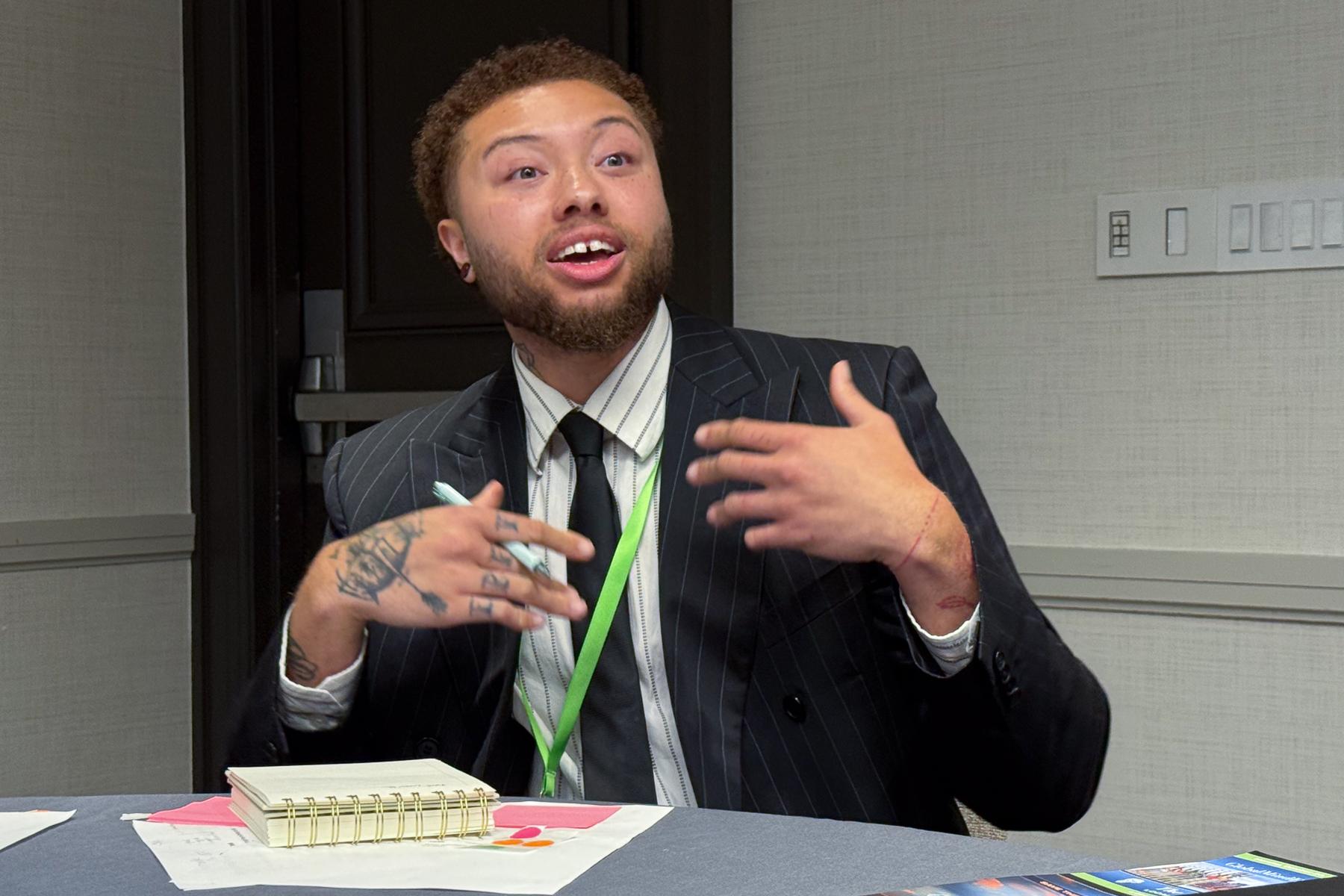
What do college graduates need to launch into the job market? A Colorado nonprofit is trying to design the answer
The platform GlobalMindED hopes to create will be based on the experiences of thousands of young professionals.
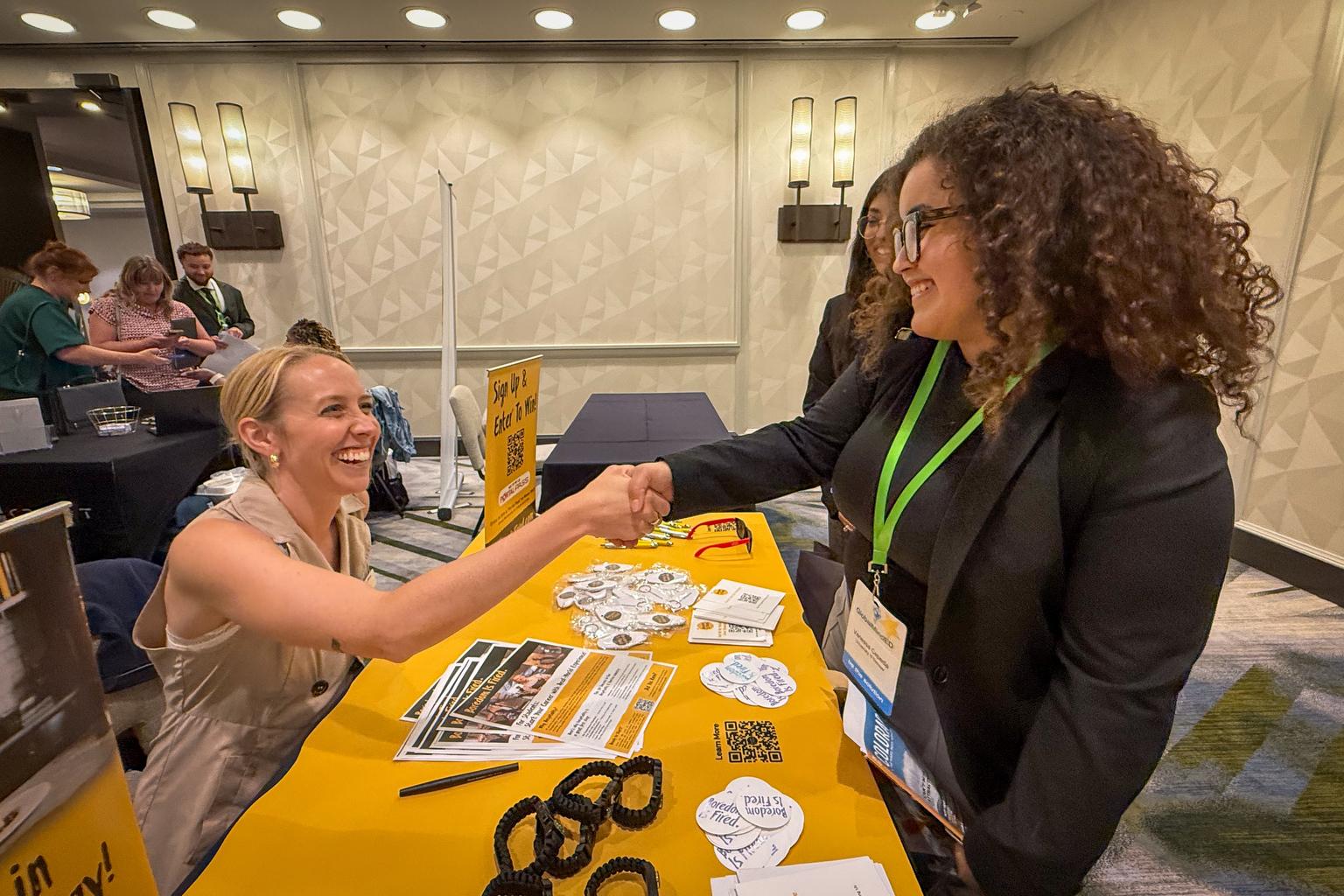
It’s a tough job market for college grads. This Colorado group is helping first-gen students get a foot in the door
GlobalMindED aims for students to get the soft skills they need to navigate a rapidly shifting economy.
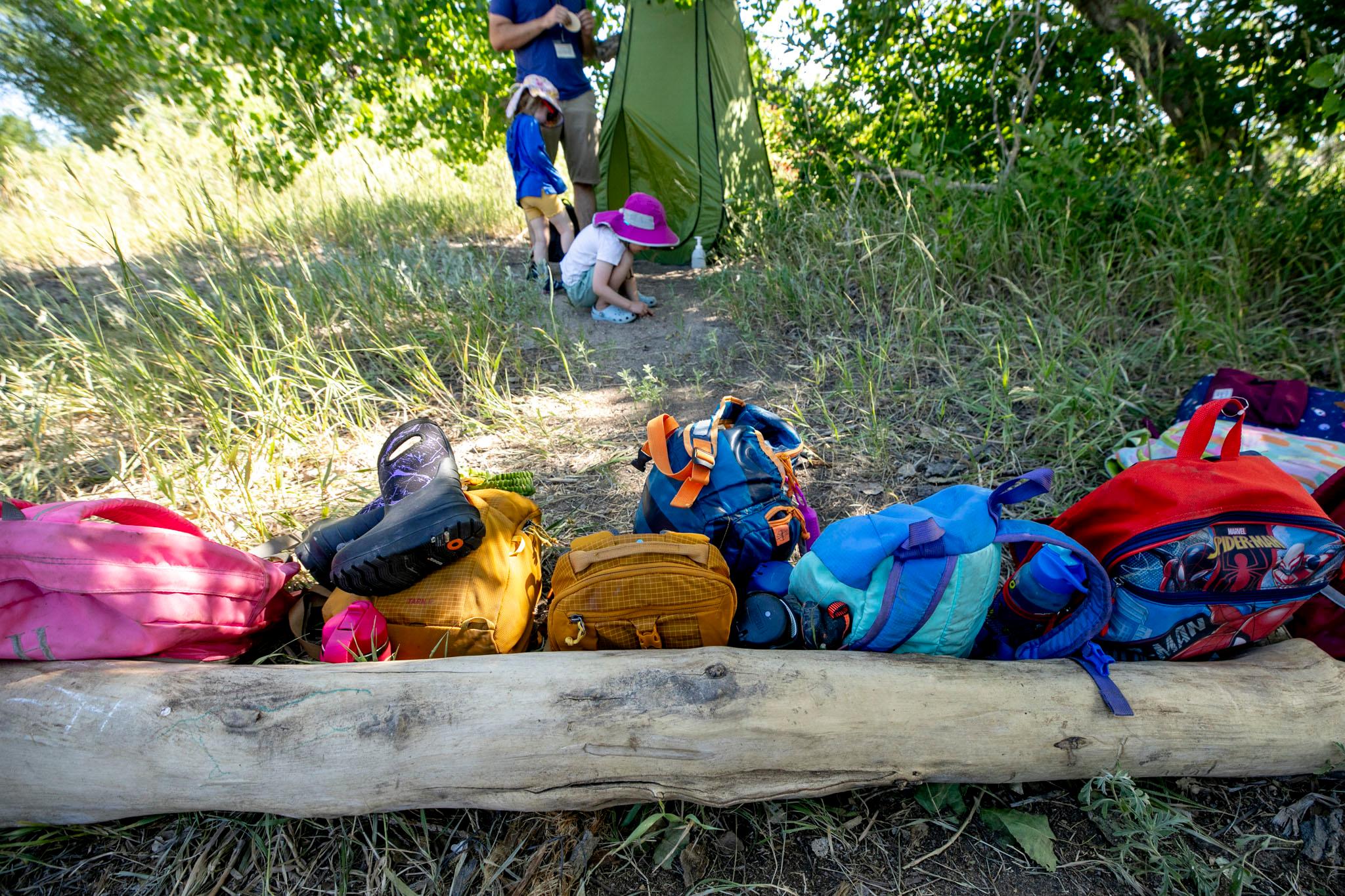
Outdoor preschool advocates worry proposed rules under new law could shut them down
Nature-based schools fought for state licensing, but say Colorado’s proposal doesn’t match their reality.
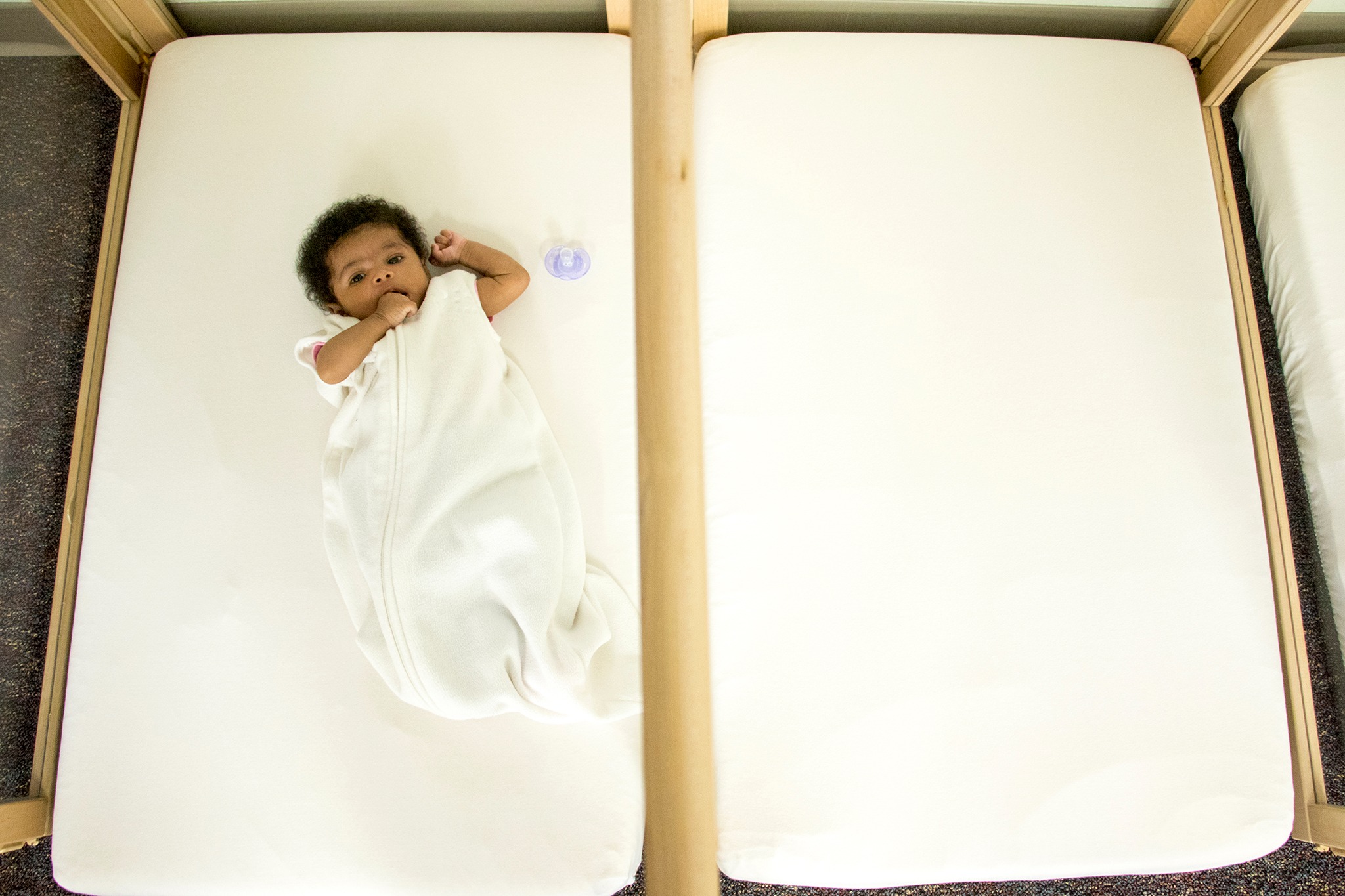
What does a baby’s babbling tell you about their future intelligence? CU researchers say a lot
Their analysis showed that cognitive tests given to babies as young as 7 months can help predict a person’s capacity to learn, reason, understand and problem-solve at age 30 and beyond.
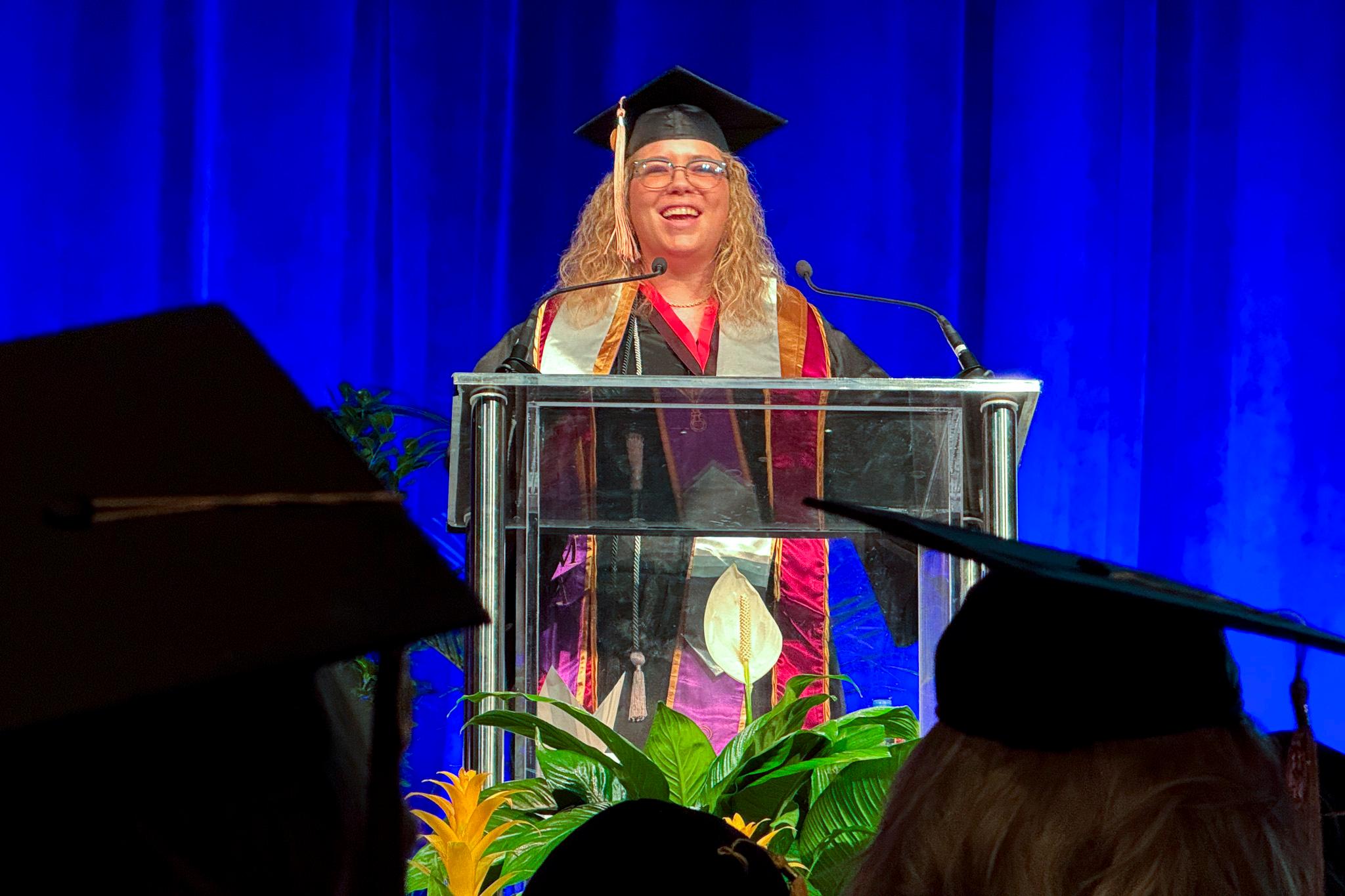
How a used book became the spark that catapulted a deaf, single mom to graduate college
Kaitlyn McCormick gets her bachelor’s from CSU Global on her fourth try at college — and is on to her master’s.
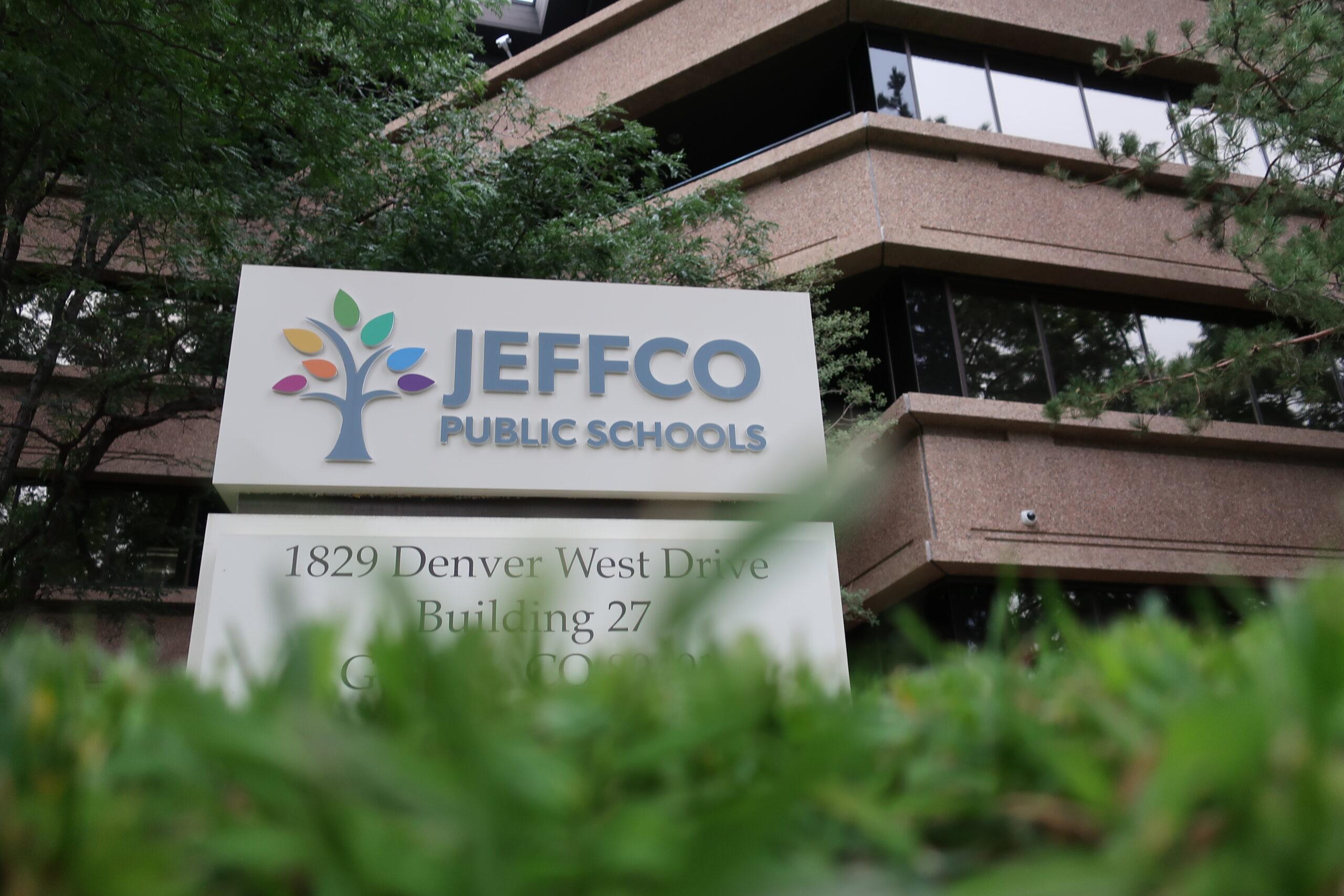
Investigation finds former JeffCo schools official accused of buying child pornography had no contact with juveniles
The sheriff’s office searched David Weiss’ home and confiscated electronic devices. He died of suicide a month later.

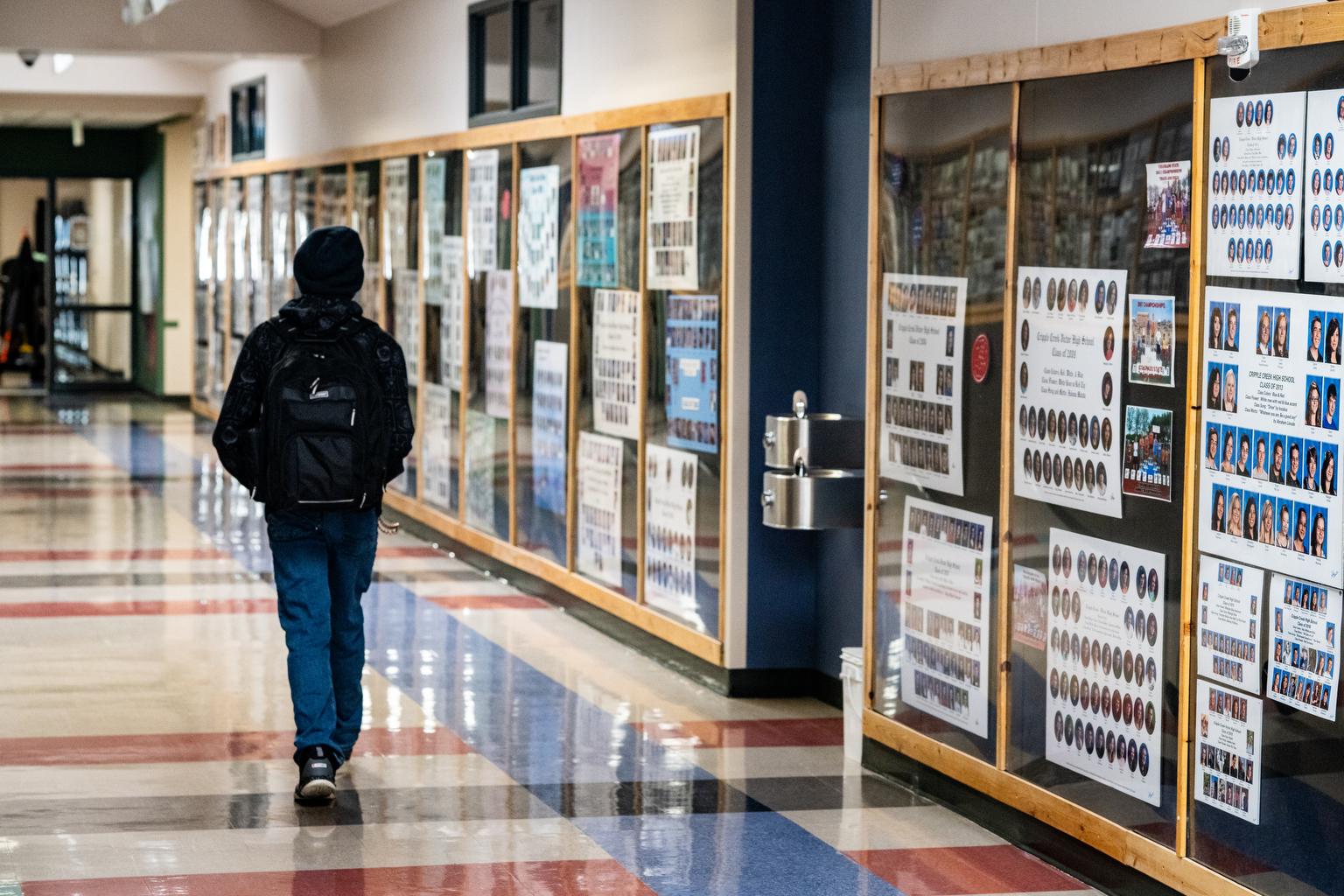
9 things to know about what Congress’ tax and spending bill could mean for education in Colorado
Congress is racing to pass a tax and spending bill that could have big impacts for public school and college students.
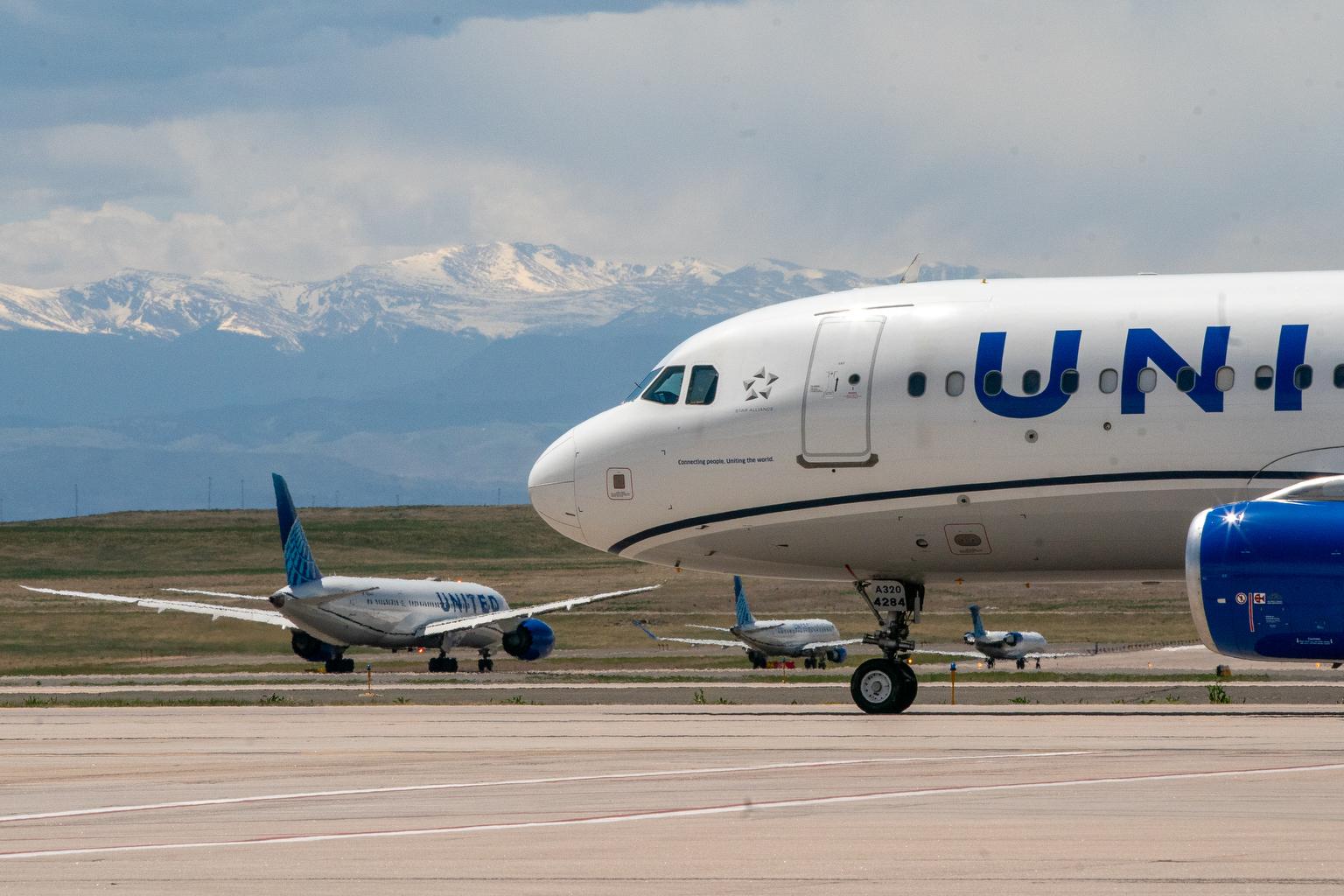
World’s first executive MBA in aviation ready for take off at CU Denver and DIA
The curriculum centered around the many “ecosystems” that exist to make an airport run smoothly.
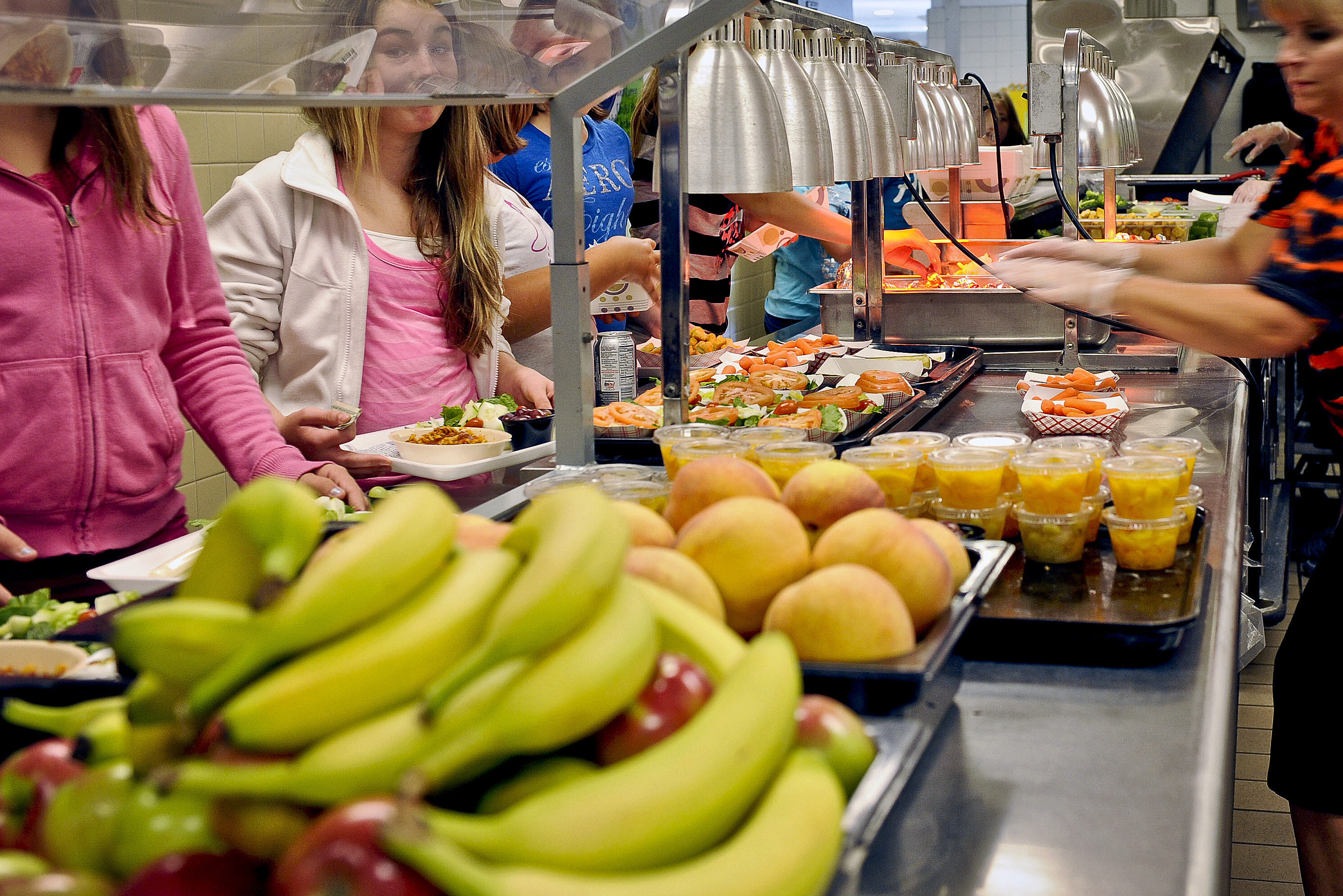
Ballot measures funding ‘Healthy School Meals for All’ will head to voters in November
“This law empowers Colorado voters to decide on the future of this beneficial program.”
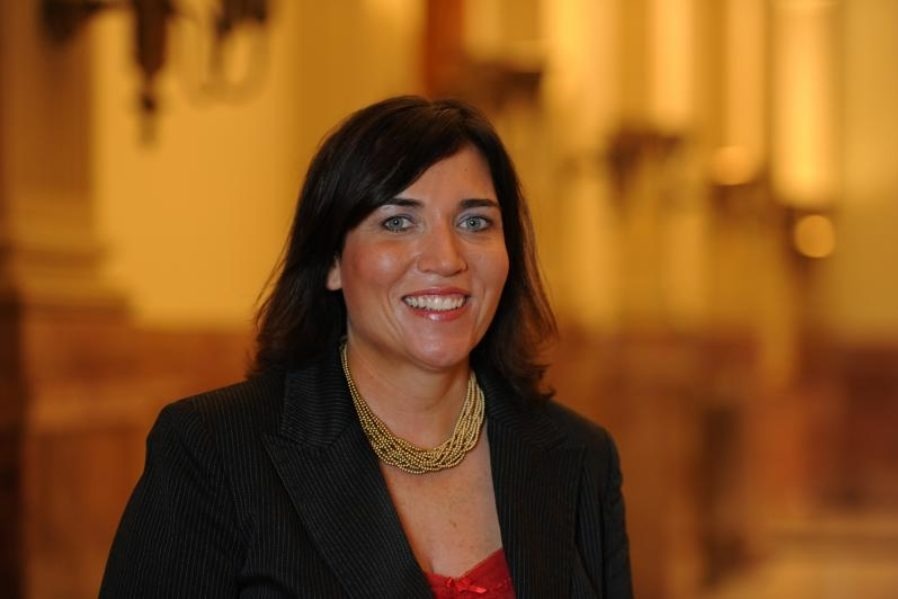
Former head of Colorado teachers’ union announces run for Congress
Amie Baca-Oehlert is the latest candidate to run for the Democratic nomination for the 8th Congressional District, the state’s toss-up seat.

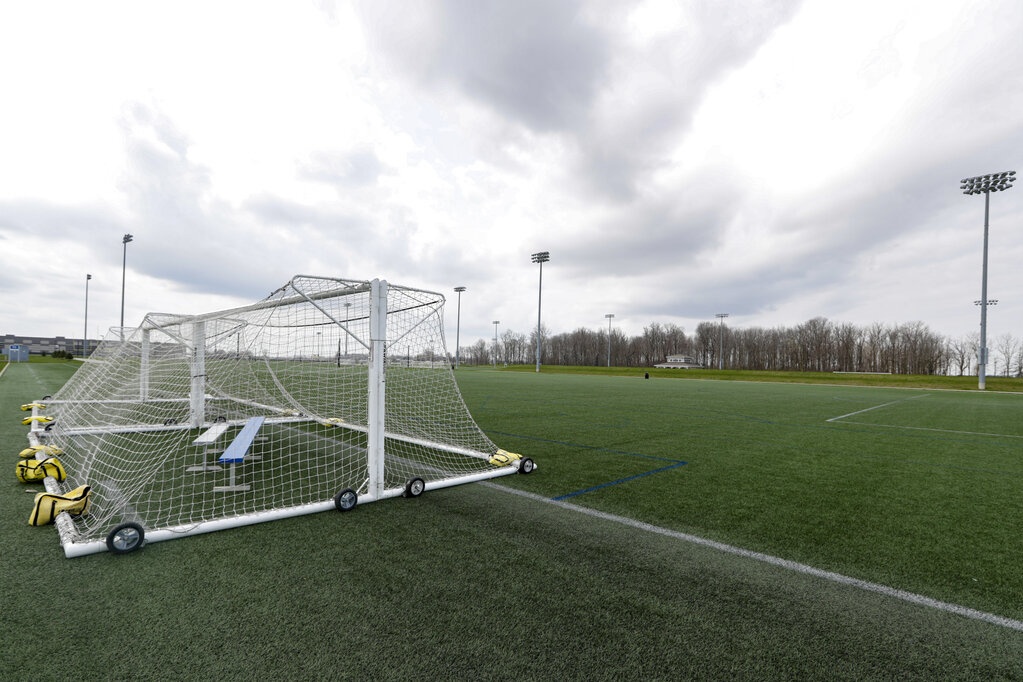
Two proposed ballot initiatives that restrict sports and surgeries for transgender youth move ahead
Title Board moves Initiatives 70 and 71 a step closer to 2026 ballot.
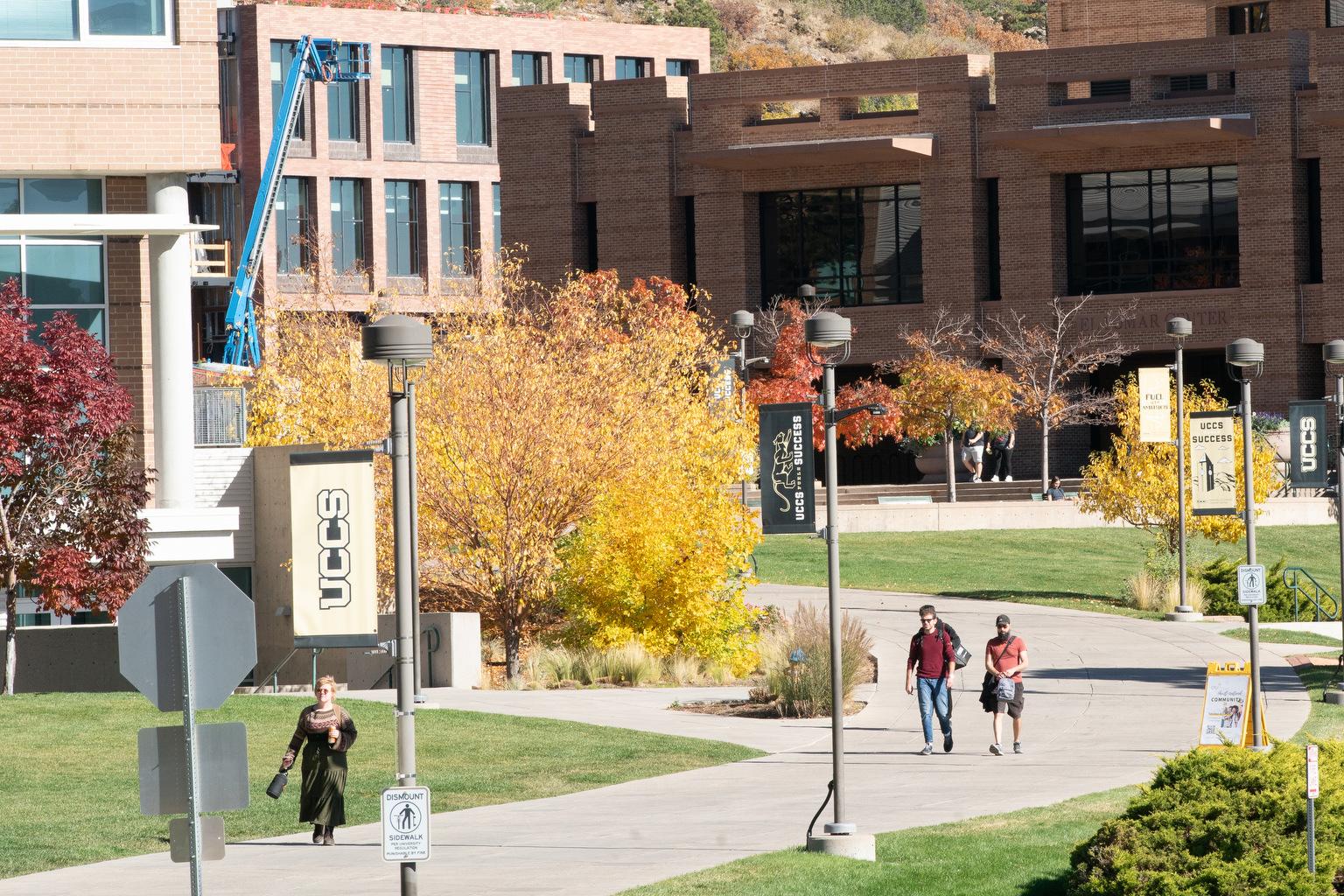
More Coloradans who didn’t finish college are returning for credential
It appears a state initiative is helping boost the number of students returning to school for a credential.
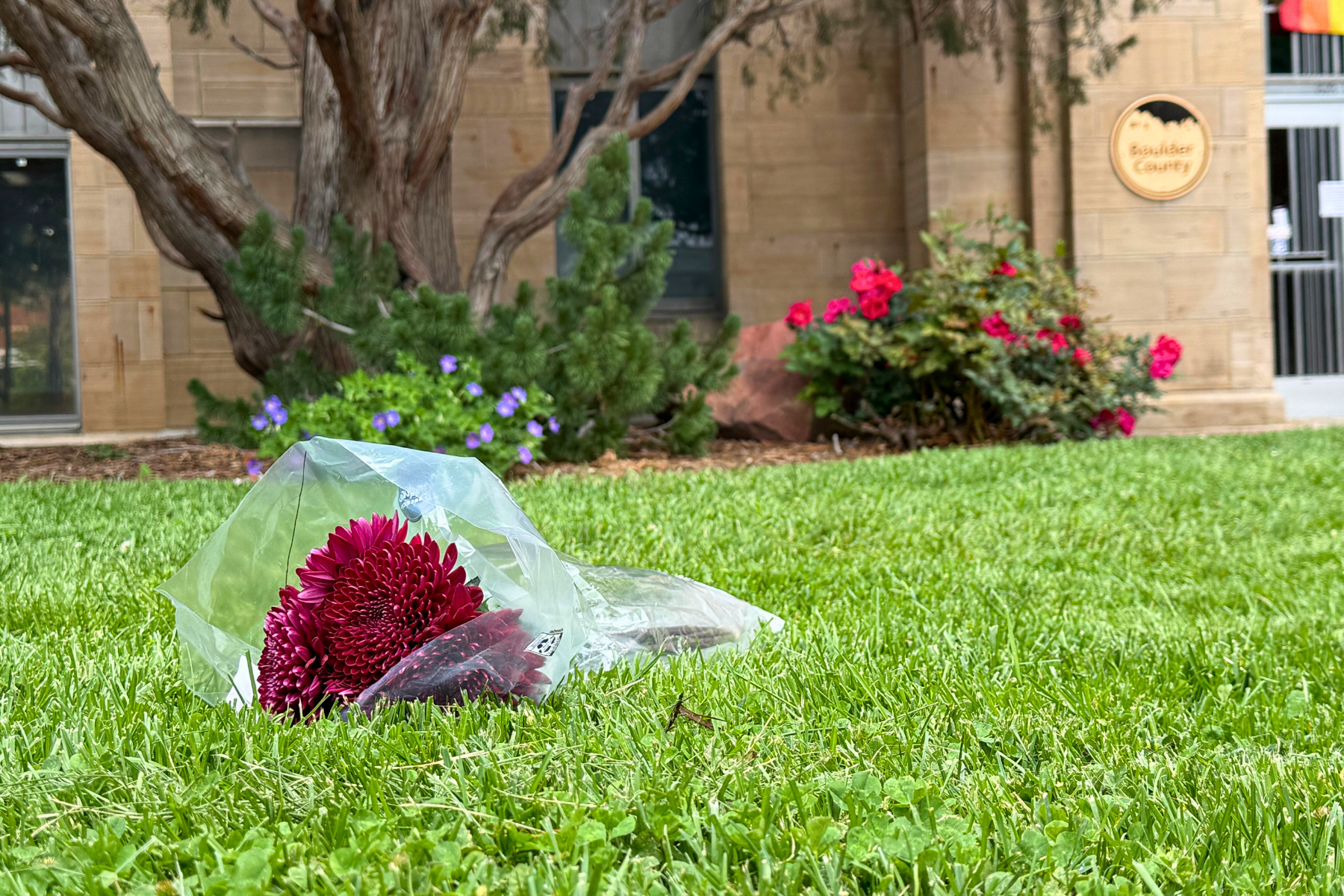
Mourners at site of Boulder attack express grief, solidarity with Jewish community
Flowers were left at the site, and people gathered Monday to honor the 12 people injured in the attack targeting people advocating for the release of hostages being held by Hamas.

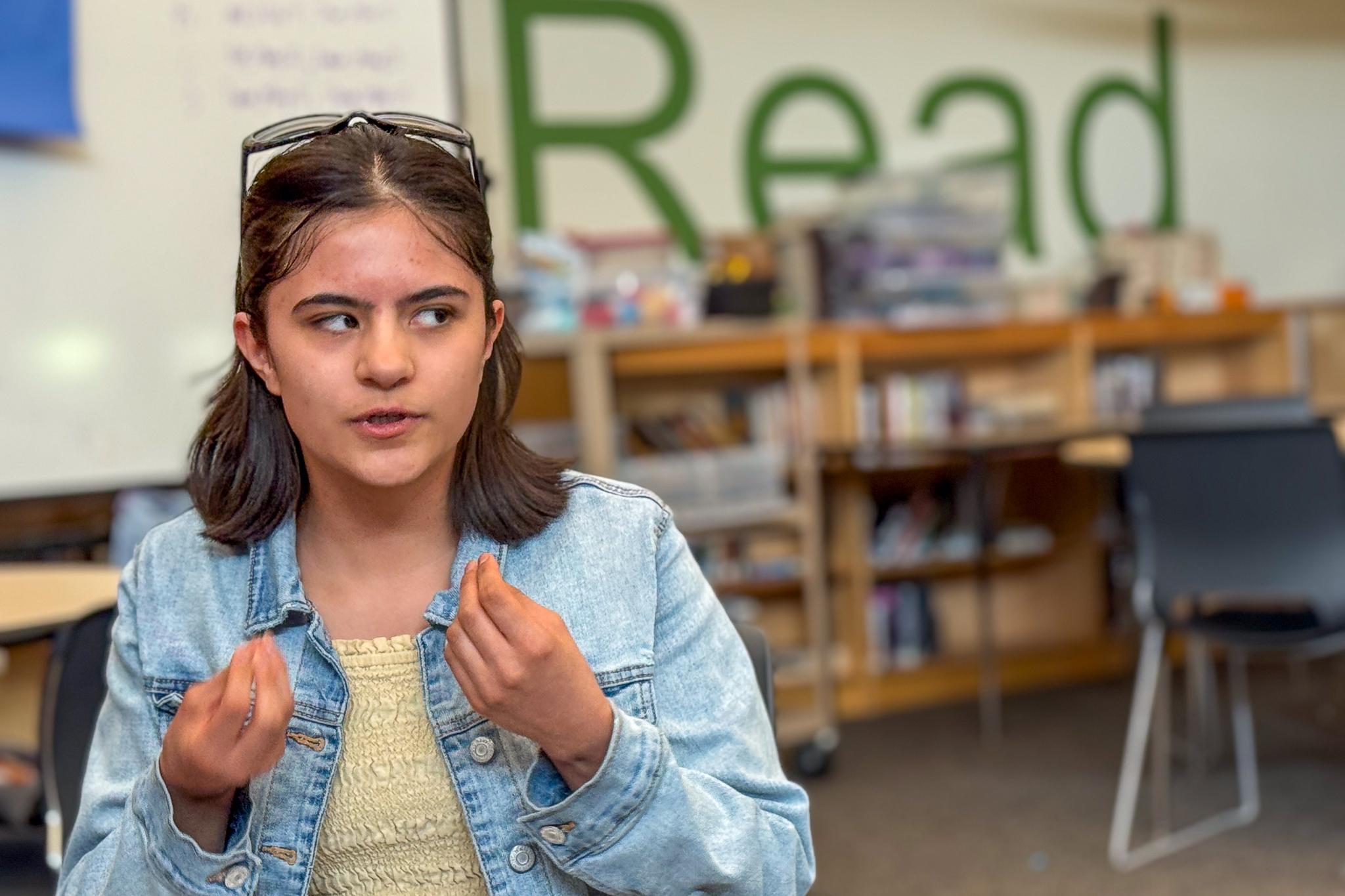
Teens take a closer look at their cell phone use in a student-led Socratic Seminar — and they were alarmed into action
“These are fiendishly addictive devices, and they’re made that way by billion-dollar companies employing cutting-edge psychology and social science. It’s not a fair fight.”
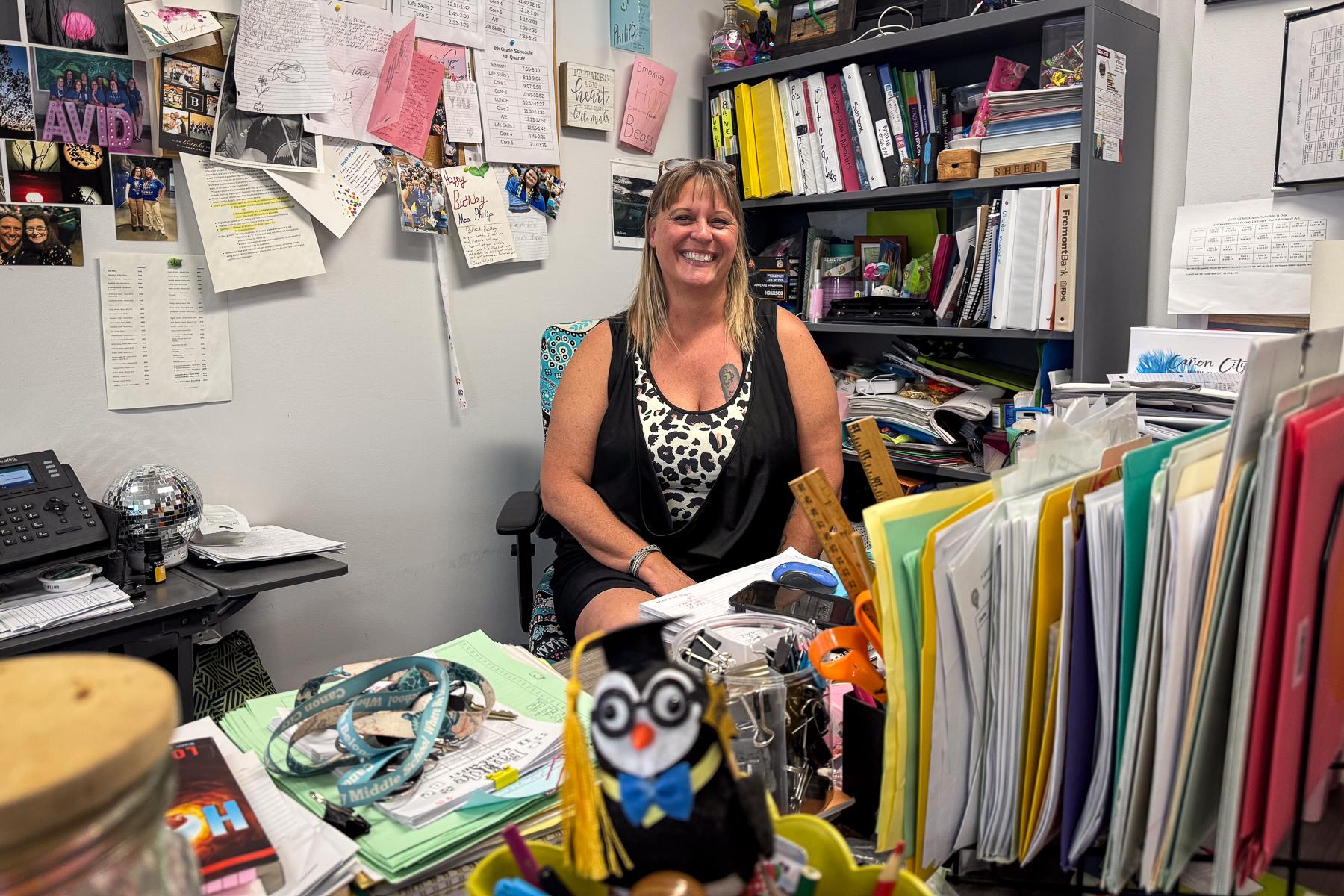
The state desperately needs special education teachers. This Cañon City teacher answered the call after 22 years as an aide
Jolene Phillips spent two decades in classrooms before she went back to school and is now a licensed teacher with ready smiles and high-fives.
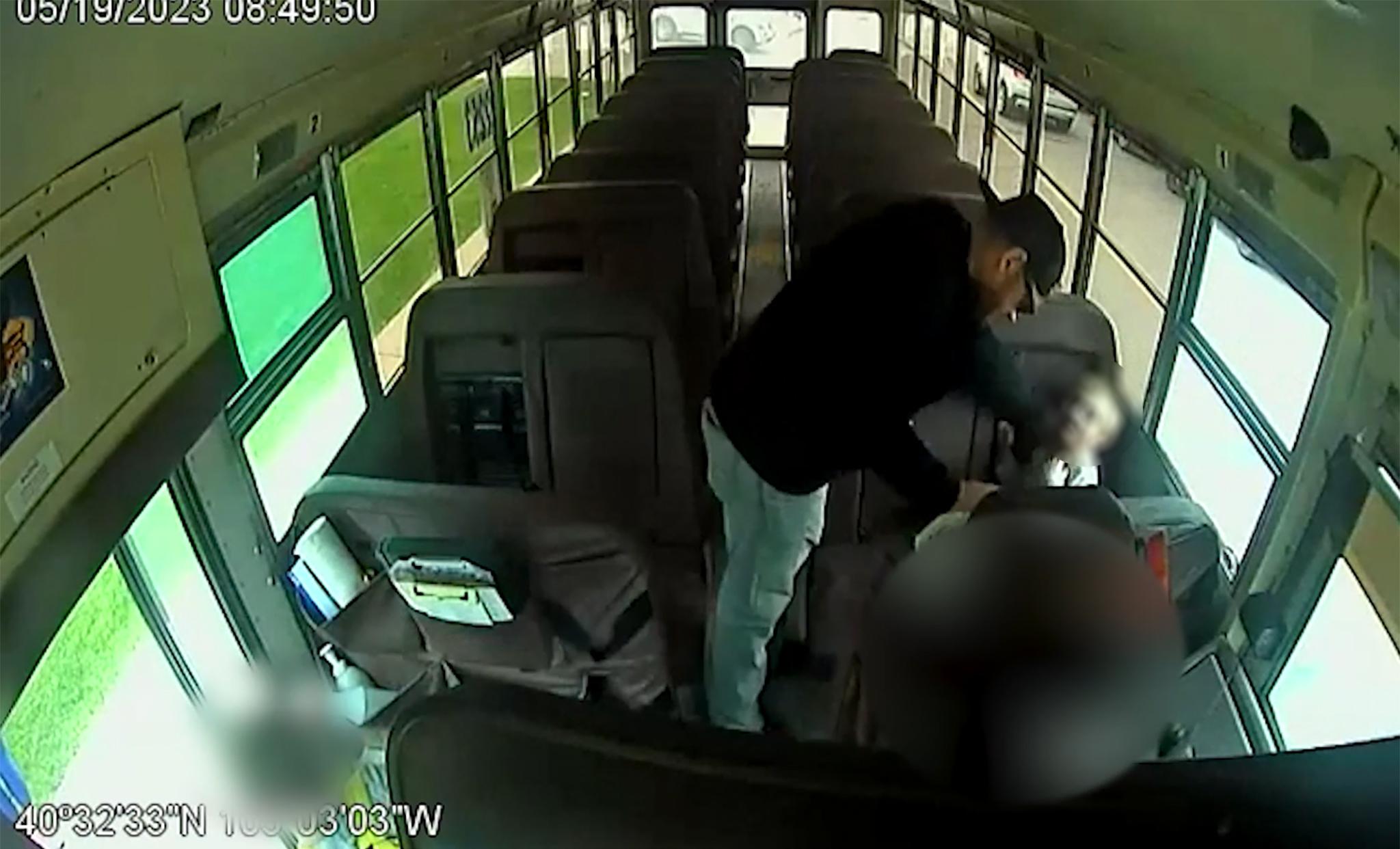
Poudre School District settles with families over bus aide’s abuse of students with disabilities
The $16.2 million payment ends the lawsuit brought by the parents of 10 children they say were slapped pinched and punched by a paraprofessional.
